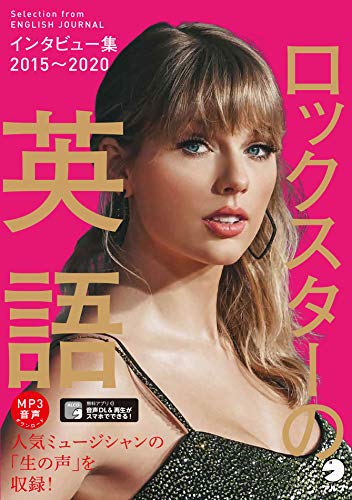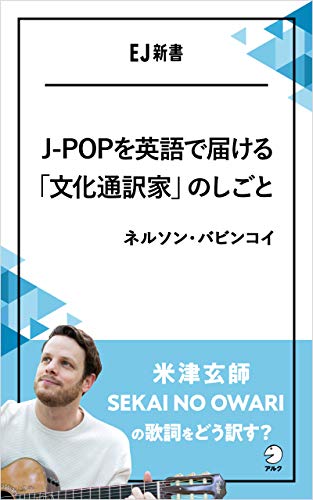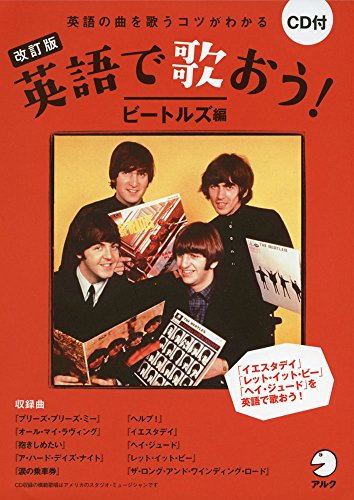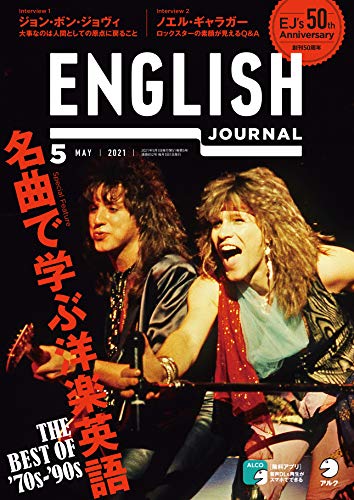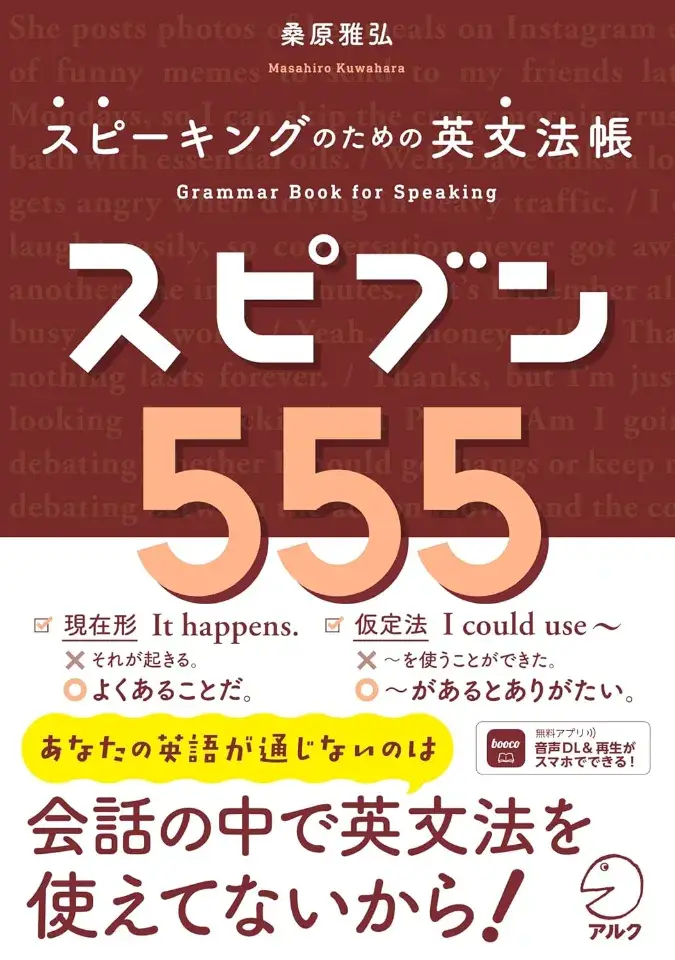
言葉に かかわらず 、すてきな歌は、皆すてき。でも、音楽の作り方には違いがあります。中でも今回注目したいのは、英語詞の作り方。アジアを中心に活躍中の音楽プロデューサー、ジョベット・リベラさんにお伺いします。
カリフォルニア生まれのあなたが日本にやって来たのはなぜですか?
to Japan?">You were born in California. What brought you to Japan?
来日した きっかけ は音楽なんです。私はモントレーという小さな港町で生まれました。どうやって日本の音楽に出会ったかは覚えていません――ゲームだかアニメだかネットで見つけたか――私はまだ小さくて8~11歳くらいでした。そのとき、すでに音楽を作っていたんです。その歳で日本の音楽を聞きました―90年代の初めで、主にロック―B’z やGLAY、L’Arc~en~Ciel、X JAPANなどのバンドの音楽を聞いていました。
最初に興味を引かれたのはアメリカの音楽とはとても異なるメロディーでした。アメリカの80年代の力強いバラードを思い出させつつ、新しい音になっていました。さらに日本語の異国的な響きに引かれ、何を言っているかではなく、その美しさに集中していました。それが私に新しい視点をくれたんです。歌い方やメロディー、曲の構成やバックトラックなど曲の中のあらゆることにハマった感じです。
What caught my attention first was the melodies and how different they were in comparison to American music. They were very reminiscent of the power ballads of the ’80s but brought over into a newer sound. And on top of that, the foreignness of the Japanese language meant that I wasn’t focusing on what they were saying, I was just focusing on the beauty of it, right ? That gave me a new perspective. I was able to just absorb the way they sang as well as the melodies and the structures and the orchestra and whatever happened to be in it.
英語と日本語の歌詞の違いはなんだと思いますか?英語の歌の特徴はなんでしょう。
difference between English lyrics and Japanese lyrics? What is characteristic to English songs?">What do you think is the difference between English lyrics and Japanese lyrics? What is characteristic to English songs?
大きな問いですね。違いはたくさんありますから。しかし最も大きく典型的な違いは、日本語の歌詞はより詩的になる 傾向 があるということです。比喩的なんです。意図することを直接的には言わない 傾向 があります。一方、洋楽のポップスやトップ40の曲のような英語の歌詞は非常に直接的です。私は通りを歩いている、左に曲がると女の子がいて、恋に落ちて――ストーリーがあります。それが2番目のポイントであるストーリーテリングにつながります。
日本語の歌詞はきっちりしたストーリーは語らない 傾向 があります。一方、英語の歌詞にはたいてい、始まり、中間、終わりがあります――まさに映画の粗筋のようなものです。私はこれをして、これをして、これをした。そして私は彼女に会った。台本のようです。このようにきちっと順を追ってストーリーを進める日本語の歌詞はあまり見掛けません。
もう一つはスラングです。R&Bのメジャーな楽曲などは、とてもセクシャルだったりします。日本のメジャーアーティストではそのようなことはほとんどありません。日本ではそういうことはもっと純な表現でうまく表すでしょうし、比喩で表現したりします。逆に英語では、概して直接的な表現が使われ、何かを象徴する秘密の言葉が使われたりはしません。
英語でそういったことはタブーどころか、しなくてはいけないこと、歓迎されることなのです。かっこいい曲を作るなら、そうしないと変というか。クールなアーティストがR&Bやヒップホップのかっこいい曲を作るとしましょう。そこでもし、「私の愛は海のよう、そよ風に吹かれている」なんて言ったら、みんな引いてしまいますよ。英語で過度に詩的なことは微妙なんです。古くさく聞こえる。シェイクスピアや18世紀の詩人のように聞こえてしまいます。
Japanese lyrics tend not to tell an exact story, whereas English lyrics usually have a beginning, a middle and an end ? like the plot of a movie. I did this, I did this and then I did this, and then I met her. It’s almost like a script . And I haven’t found many lyrics in Japanese that do this kind of exact storytelling , like step by step.
Another thing is the use of slang . If you listen to major R&B music, you may find it sounds very sexual. And you’re almost never going to find that with major Japanese artists. They’re always going to infer it much more innocently, or they’re going to use metaphors, whereas an English song will generally just say everything directly, without using any type of secret symbolism.
It’s not only not taboo, but it’s, like, you must do it. It’s welcomed. It’s weird if you don’t, like, if you want to make a cool song. If a cool artist is making an R&B or a hip hop song, and that artist says something like, “My love is like the ocean, blowing in the breeze,” everybody’s going to be like, “What? No , no , no !” So , it’s really tricky to be overly poetic in English. You start sounding old. You just sound like Shakespeare or some 18th century poet or something like that.
好きな歌詞をいくつか教えていただけますか?
share some song lyrics you love?">Could you share some song lyrics you love?
英語でも美しい音楽と美しい歌詞を持つものはもちろんあります。私のお気に入りの一つは、エルトン・ジョンの「ユア・ソング」です。とても詩的で、なんとなく直接的で 具体的な ストーリーがあるのですが、たくさんの比喩もあります。この曲の歌詞はとても美しいと思いますね。あとはクイーンの「ショウ・マスト・ゴー・オン」です。これも非常に比喩的です――しかし、歌い手のリアルな人生に関する曲です。もう一つは古いラブソングで、エルヴィス・プレスリーの「好きにならずにいられない」で。“Wise men say / Only fools rush in / But I can’t help falling in love with you”この一節だけで時代を超えています。この3曲が美しい曲の代表例だと思います。
英語で歌詞を書くためのアドバイスをいくつか頂けますか?
share some tips about writing lyrics in English?">Can you share some tips about writing lyrics in English?
言うのは簡単かもしれませんが、まず英語を身に付けることです。でもそれだけでは足りません。最初に注意してほしいのは、英語を学ぶことは大事だけれど、それでは不十分だということです。文法が正しくて、スペリングも合っていて意味も通じる――でもそれだけでは歌詞は書けない。歌うととても不自然に聞こえるということはあり得ます。うまくなるためには、英語を浴びる必要があります。英語ネイティブの近くにいること。海外に住むことができない場合は友達をつくりましょう。
次のポイントはライミングです。英語にはとても多くの韻の踏み方があります。同じになることはまずほとんどありません。
繰り返しになりますが、英語を浴びること。経験から学ぶこと。とにかく多くの経験が必要で、時間はかかります。文法は完璧でなくてはいけません。韻をあちこちで、さまざまなパターンで踏む必要があります。自然な流れになっている必要もあります。考慮すべき点はたくさんあります。
And the next thing is rhyming. There are so many different rhyming patterns in English. And they’re almost never the same.
But again, immersion. Learning from experience . It just takes a lot of experience , and that takes time. So , yes, the grammar needs to be perfect. There should be rhyming in certain areas and in a variety of different patterns. The natural flow needs to work . There are a lot of different things to take into account .
音楽を通じて英語力を強化したい人におススメの参考書はこちら!
特集「名曲で学ぶ洋楽英語」をEJ5月号でチェック!
取材・構成:知夏七未
boocoで読める!アルクの新刊、続々登場
語学アプリ「booco」なら、アルクのベストセラー書籍200タイトル以上が、学習し放題!
「キクタン」などアルクの人気書籍800冊以上が音声対応。「読む」に対応した書籍では、本文と音声をスマホで手軽に利用できるほか、一部の書籍では、学習定着をサポートするクイズ機能で日々の復習や力試しも可能です。さらに、Plusプランに加入すれば200冊以上の書籍が学習し放題に!
boocoの「読む」機能では、次のような使い方ができます。
① 学習したいページを見ながら音声を再生できる
② 文字サイズや画面の明るさを調整できる
③ 書籍内検索ができる
※ これらの機能には一部の書籍が対応しています。

▼「booco」の無料ダウンロードはこちらから
